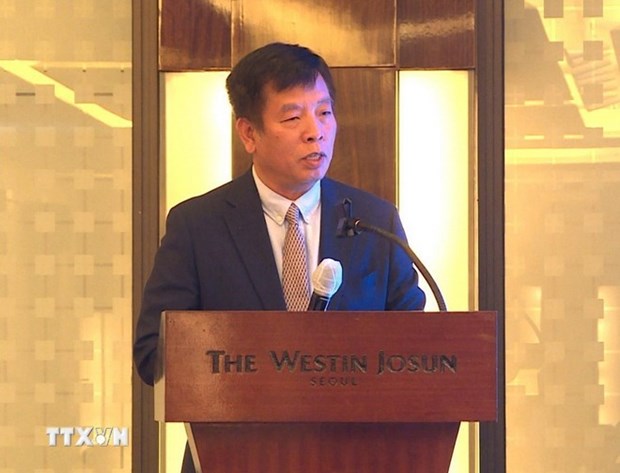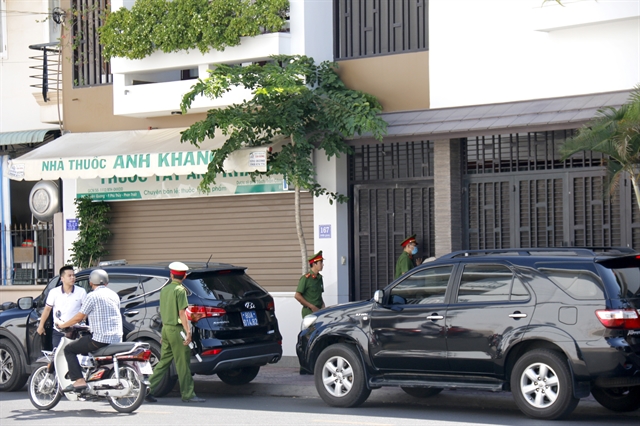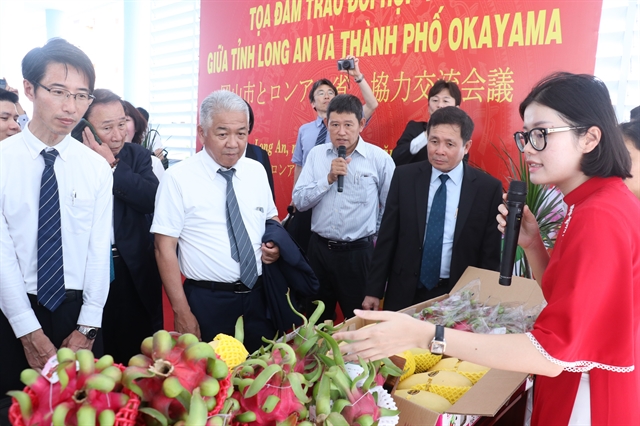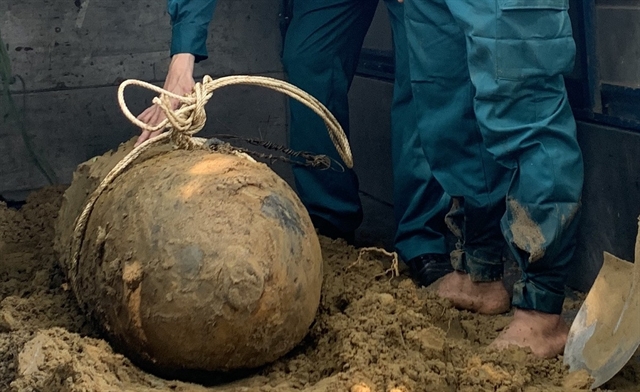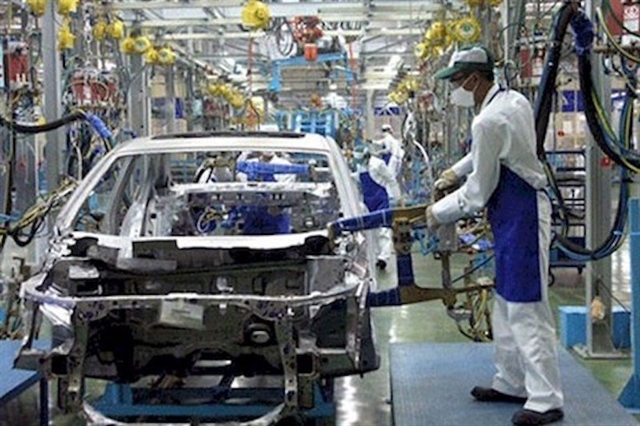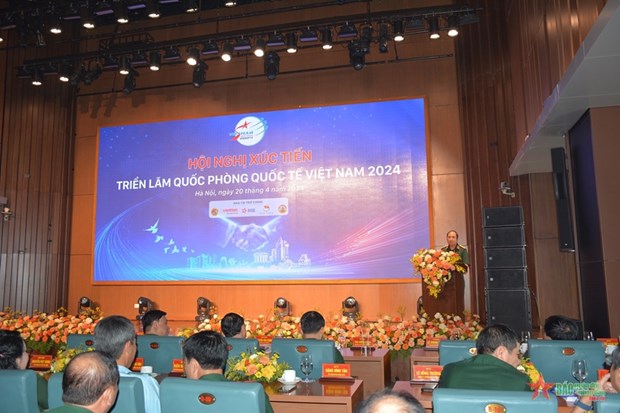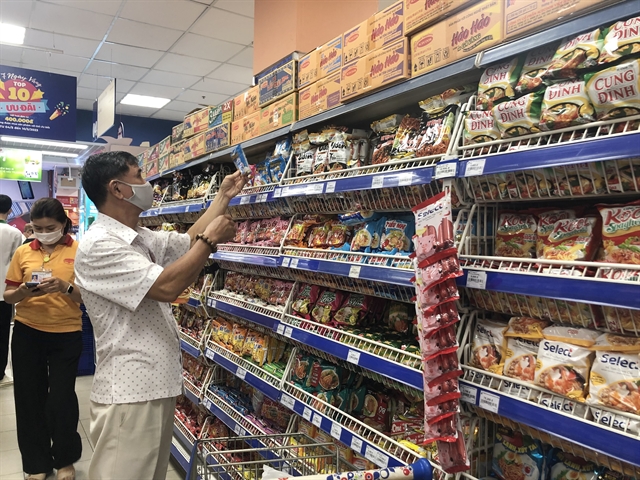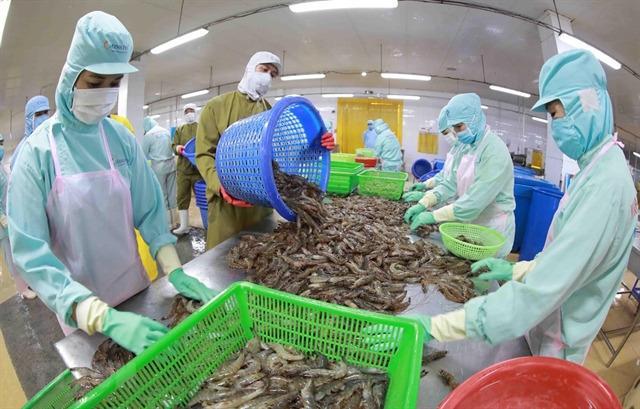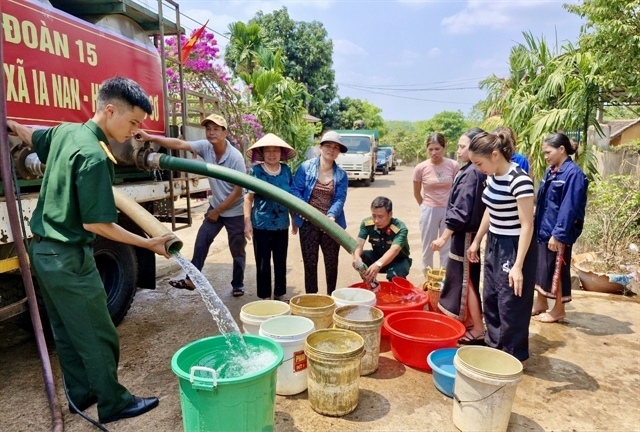 Environment
Environment
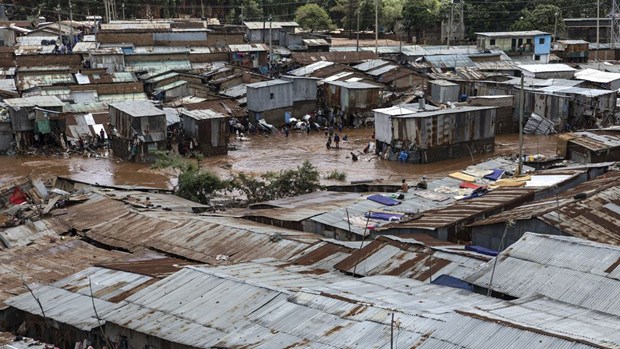
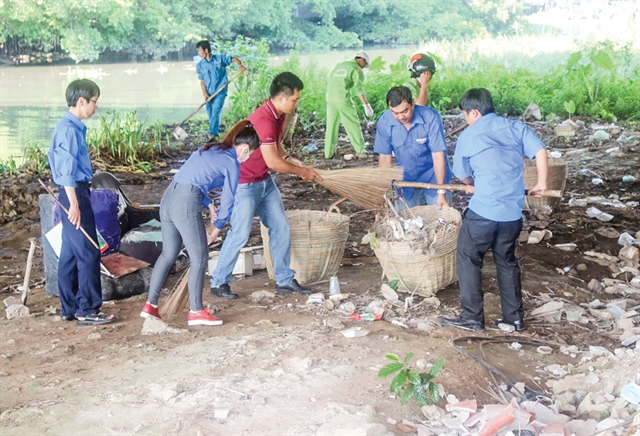
|
| Young people collect solid waste in Cần Thơ Province’s Ninh Kiều District. – Photo baocantho.com.vn |
CẦN THƠ – The Mekong Delta city of Cần Thơ plans to collect 100 per cent of its solid household waste in urban areas in the 2020-30 period.
Under the city’s newly issued plan to carry out the national strategy in solid waste management to 2025, the city seeks to recycle, reuse and burn urban solid household waste to generate energy or to produce organic fertiliser.
The city also plans to upgrade and reuse 80 per cent of urban landfills that have been closed. In addition, at least 40 per cent of plastic bags at trading centres and supermarkets will be made from environmentally friendly materials.
It also aims to collect and treat 95 per cent of household solid waste in rural areas and 100 per cent of solid waste in craft villages.
All packages that contain chemicals and pesticides for agricultural production will be collected and treated.
The city also plans to collect and treat all solid waste from industrial production, healthcare, construction, and septic tanks and sewage sluices.
By 2050, all types of solid waste in the city will be collected for recycling, reuse and treatment with advanced environmentally friendly technologies.
The city will minimise the quantity of solid waste treated by burying by 2050.
To achieve the targets, the city will support activities to raise awareness about waste treatment among local residents.
The city will upgrade its regulations and policies on solid waste management, modernise its waste treatment facilities, and study advanced technologies for solid waste treatment.
The city treats its solid waste by burying or burning.
The city’s waste-to-energy plant in Thới Lai District has a capacity of burning 400 tonnes of solid waste to produce 150,000 kWh of power a day, equivalent to 60 million kWh per year.
The plant can treat about 70 per cent of the city’s collected solid waste a day.
Last year the city collected about 650 tonnes of solid household waste a day, accounting for 85 – 90 per cent of the city’s total waste discharged daily, according to the city’s Department of Natural Resources and Environment.
The uncollected solid household waste is treated by local residents by burying or burning. – VNS

